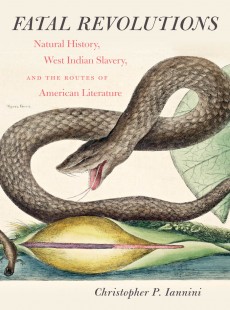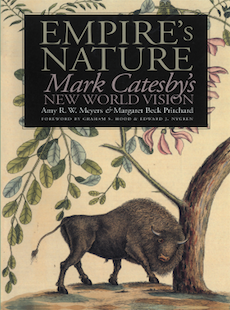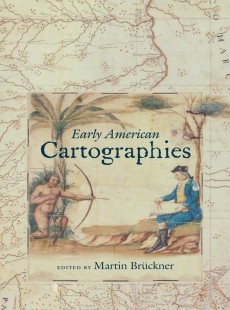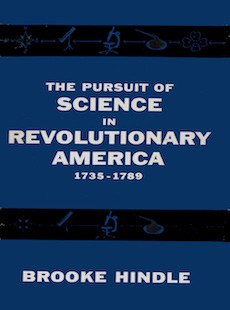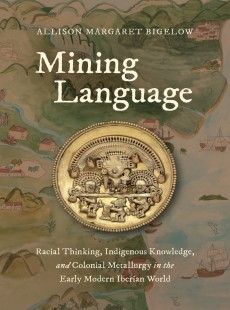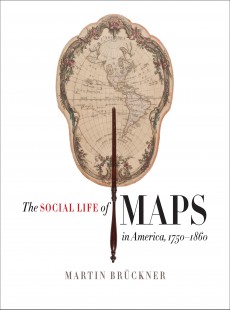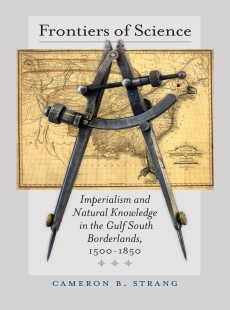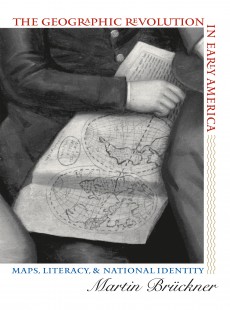
The Geographic Revolution in Early America
Maps, Literacy, and National Identity
Martin Brückner
 Publisher: Omohundro Institute
Publisher: Omohundro Institute
Imprint: OIEAHC
Published: 02/2006
Reprint: 2006
Pages: 296
Subject: American Studies,Colonial, Revolutionary Era & Early American History
Paperback ISBN: 9780807856727
eBook ISBN: 9780807838976
DESCRIPTION
The rapid rise in popularity of maps and geography handbooks in the eighteenth century ushered in a new geographic literacy among nonelite Americans. In a pathbreaking and richly illustrated examination of this transformation, Martin Brückner argues that geographic literacy as it was played out in popular literary genres--written, for example, by William Byrd, George Washington, Thomas Jefferson, Royall Tyler, Charles Brockden Brown, Meriwether Lewis, and William Clark--significantly influenced the formation of identity in America from the 1680s to the 1820s.
Drawing on historical geography, cartography, literary history, and material culture, Brückner recovers a vibrant culture of geography consisting of property plats and surveying manuals, decorative wall maps and school geographies, the nation's first atlases, and sentimental objects such as needlework samplers. By showing how this geographic revolution affected the production of literature, Brückner demonstrates that the internalization of geography as a kind of language helped shape the literary construction of the modern American subject. Empirically rich and provocative in its readings, The Geographic Revolution in Early America proposes a new, geographical basis for Anglo-Americans' understanding of their character and its expression in pedagogical and literary terms.
ABOUT THE AUTHOR
Martin Brückner is associate professor of English at the University of Delaware.
AWARDS
REVIEWS
“A book that contributes very positively to moving the study of maps, mapping and geography beyond the simple antinomies inherent in the study of mapping as a form of oppression.”
--American Historical Review
"Convinces the reader of the importance of geography in establishing the mindset that led to continental expansion. . . . Carries conviction."
--Journal of Southern History
"A work of tremendous subtlety, combining a broad argument of the central role of geographic literacy in early America with a nuanced understanding. An exemplary piece of scholarship. . . . Theoretically informed as well as empirically grounded."
-- Winterthur Portfolio
"Well produced. . . . A fine book that makes an important case for the role of geographic literacy in the creation of national identity."
--Winterthur Portfolio
“A fascinating study of geographic knowledge and representation in early America.”
--Journal of the Early Republic
"Engagingly written and well illustrated, and adds further insight to that range of work on the power of geography, in its various sites, practices, and languages, as a means to national identity. It deserves to be widely read."
--Professional Geographer
RELATED TITLES


